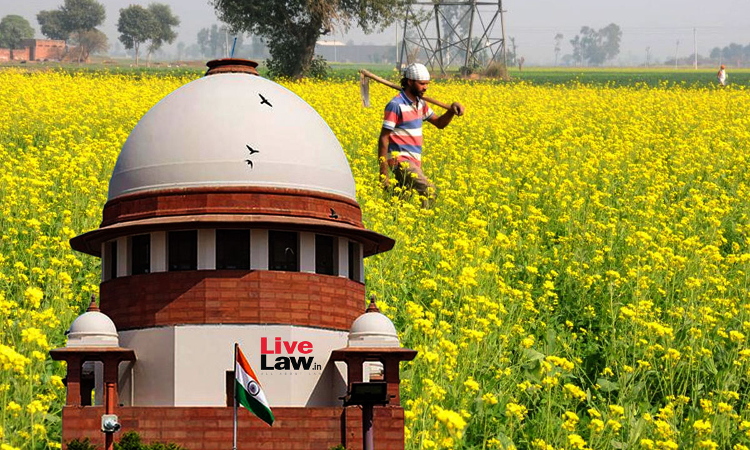GM Mustard Case | Supreme Court Expresses Displeasure At GEAC Not Considering Expert Committee Report
Debby Jain
11 Jan 2024 9:37 PM IST

Next Story
11 Jan 2024 9:37 PM IST
During the hearing of the petitions against Genetically Modified (GM) mustard, the Supreme Court on Thursday (January 11) expressed displeasure at Genetic Engineering Appraisal Committee (GEAC) not considering the recommendations of the Court appointed expert committee before taking its decision in October 2022 to release the GM mustard variety into the environment.The Technical Expert...
